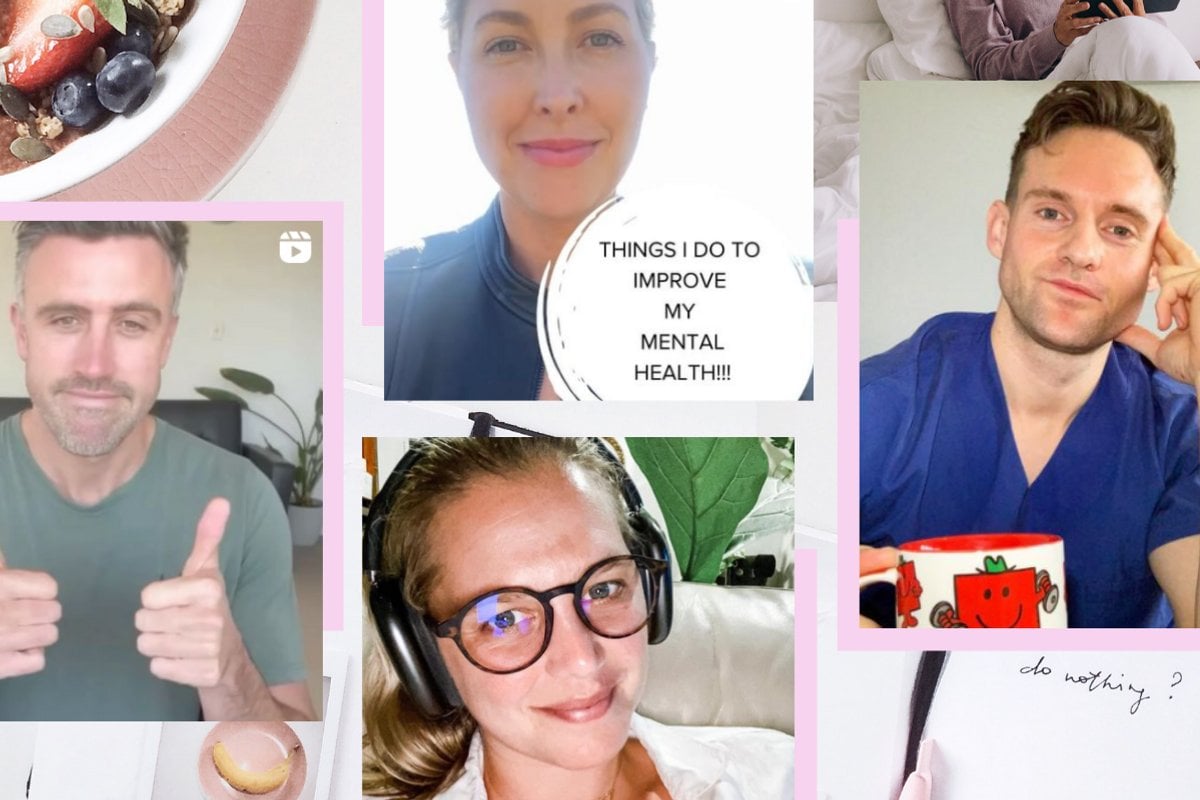
The past 18 months have had an overwhelming impact on our collective mental health.
From the never-ending dire news cycle to the hard lockdowns, this global pandemic has tested us like never before. And it appears it will continue to.
Watch: Things you never say in 2021. Post continues below.
To help us cope and make sense of this (don't say it) unprecedented time (sorry), we asked seven mental health experts to share their one piece of advice. Here's what they said.
